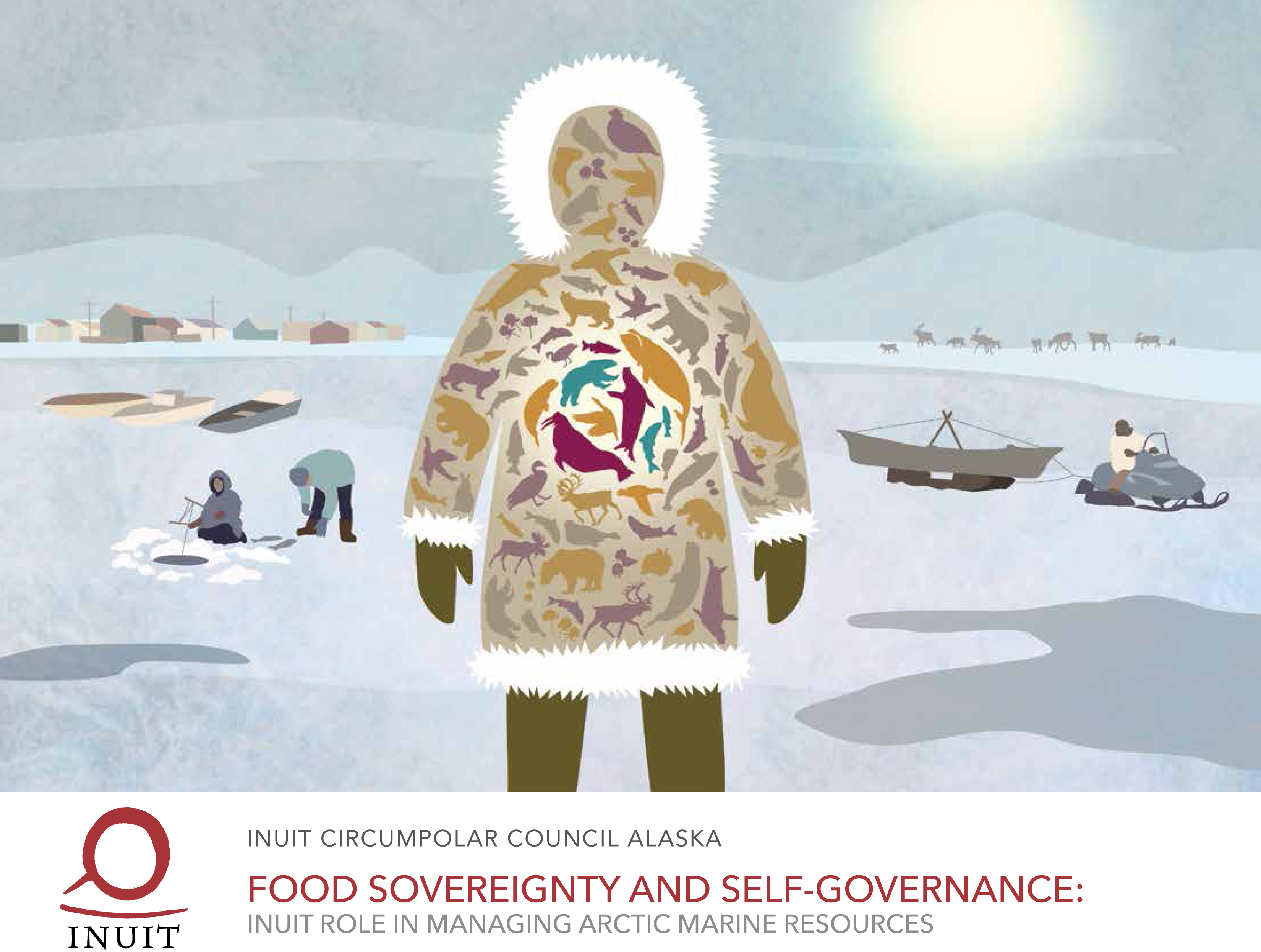Center for State, Tribal, and Local Environmental Programs
Latest News
Every year, the Environmental Law and Policy Annual Review highlights some of the year’s best academic articles that provide legal and policy solutions to pressing environmental issues. This year, two of the articles address state and local issues:
- Charles Lee, A Game Changer in the Making? Lessons from States Advancing Environmental Justice through Mapping and Cumulative Impact Strategies
- Alexandra Klass, Eminent Domain Law as Climate Policy (honorable mention)
Comments on Charles Lee's article include:
- John Faust et al., California's Environmental Justice Mapping Tool: Lessons and Insights from CalEnviroScreen
- Hilary T. Jacobs and Benjamin Wilson, Mapping the Movement: The Future of Identifying and Addressing Cumulative Impacts
Check out our latest podcast: Today's Local Environment—the Compliance Podcast: The 4-1-1 on Financing: Strategies and Support for Small Water and Wastewater Systems [an LGEAN podcast]
Check out our latest webinars:
- Small Community Drinking Water Financing Workshop
- Spill Prevention, Control, and Countermeasure (SPCC) 101 for Local and Tribal Governments
- FYI Naturalist: Save Food Waste Less in Nashville
- Restoring Land: Fee-to-Trust and Native Sovereignty
Register for our upcoming webinar: TBD
Check out our latest reports:
SpotlightLocal Government Environmental Assistance Network
Check out LGEAN’s new guidance and resources for local governments seeking to comply with federal environmental regulations on Solid Waste, Outdoor Air and Lead.
|
State, tribal, and local agencies are continually grappling with environmental legislation and related policy, attempting to generate the most effective and efficient methods of protecting the environment. However, their struggles are often overlooked by efforts to support legal reform and improved environmental programs.
The Environmental Law Institute recognizes that state, tribal, and local governments bear the primary responsibility for implementing and enforcing environmental protection laws. Since its inception in 1969, ELI has studied state programs, legal innovations, enforcement practices, and interrelationships with federal agencies.
Center Activities
- Training — working with state, tribal, and local agencies to help them design, implement, and enforce their own environmental laws. In an effort to build capacity and institutions, the Center conducts specialized training courses for officials at the state, tribal, and local levels.
- Consultation — encouraging exchange of ideas among the states, through day-to-day consulting and organizing meetings between state officials and relevant experts. The Center also provides analytical services to assist states, tribes, and localities in evaluating and implementing environmental law and policy.
- Survey and analysis of state programs — identifying successful state initiatives, and analyzing their methods and accomplishments. The Center then provides this information to other states and the federal government, allowing the sharing of ideas and achievements among interested parties.
- Defining relationships between different levels of government — contributing to the public policy debate on relations between federal, state, sovereign tribal nation, and local governments. The Center is often called upon by the U.S. Congress, the U.S. Environmental Protection Agency, and the states to assist in building state-federal relations.
- ELI also provides resources to states, tribes, and municipalities through several topical centers, including the Indoor Environments and Green Buildings Policy Resource Center and the CWA 303(d) Program Resource Center.
The work of ELI’s Center for State, Tribal, and Local Environmental Programs is closely aligned with the State and Federal Biodiversity Program, the Water Resource Management Program, the Water Quality Program, the Sustainable Use of Land Program, the Arctic Program, the Gulf of Mexico Program, the Indoor Environments and Green Building Program, and the Brownfields Program.
Publications
Producing a wide range of publications to serve state, tribal, and local agencies; the private bar; and the general public is central to the work of this program. These publications are a result of intense research and interpretation of data by experienced professionals at the Environmental Law Institute. They cover a variety of subjects pertinent to state, tribal, and local issues. Please visit our Publications Page for a complete list.
Recent Publications
Food Sovereignty and Self-Governance: Inuit Role in Managing Arctic Marine Resources
Staff
Linda Breggin is the Director of the Center for State, Tribal, and Local Environmental Programs.
Cynthia R. Harris is the Director of Tribal Programs and the Deputy Director of the Center for State, Tribal, and Local Environmental Programs.

